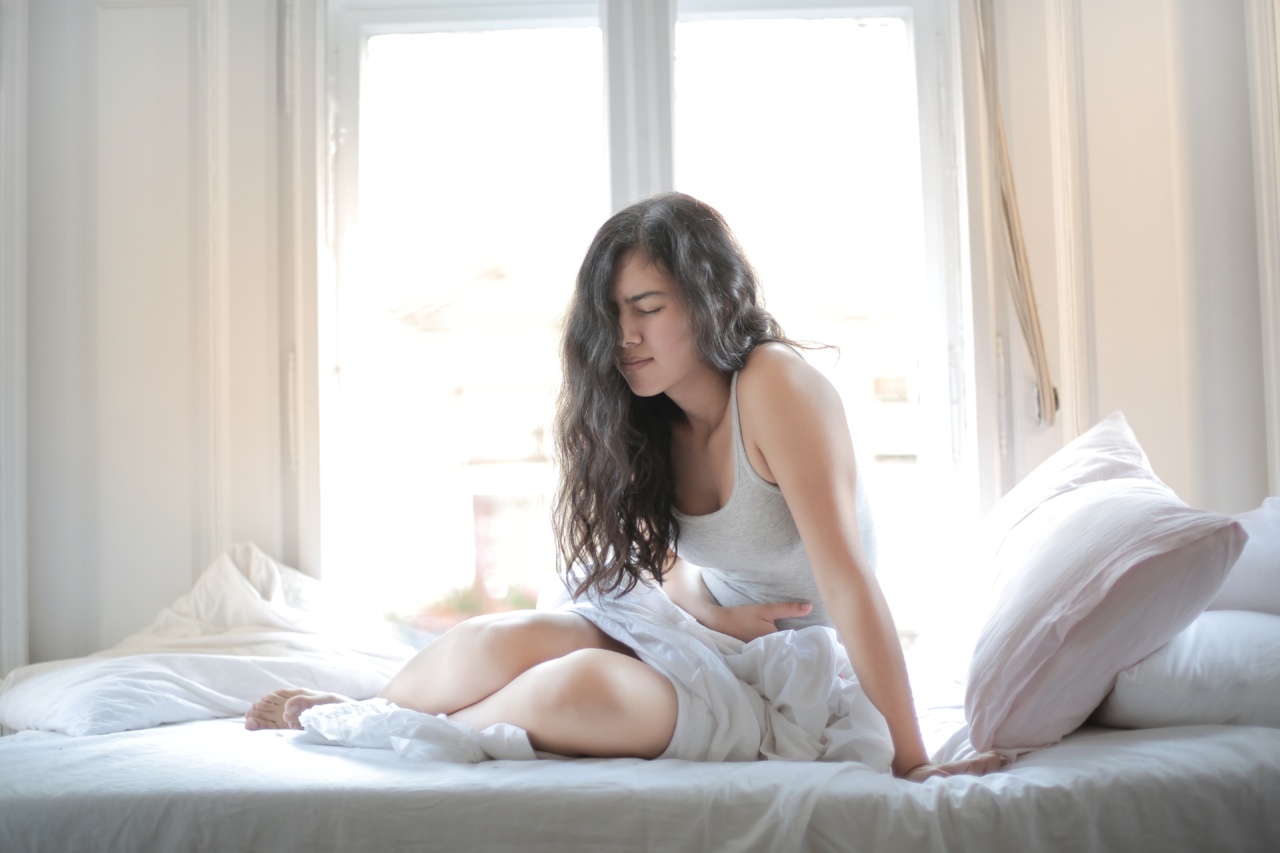Menopause, or the end of a woman’s reproductive years, can bring about a variety of physical and emotional changes. Among these changes, several symptoms can occur, including hot flashes, mood swings, fatigue, and vaginal dryness.
However, many women may also experience itching during menopause. This condition can cause discomfort and frustration, leading women to search for effective ways to relieve their symptoms. Here, we will explore the causes of itching during menopause and ways to manage this symptom.
What Causes Itching During Menopause?
Itching during menopause can be caused by several factors. Some of the most common causes include:.
1. Hormonal changes
During menopause, hormone production in a woman’s body changes. These hormonal changes can cause a variety of symptoms, including itching. As estrogen levels decrease, the skin can become dry and itchy.
Dry skin is more common during menopause, and it can be a significant factor in itching. The lack of moisture in the skin can lead to itching, irritation, and redness.
2. Vaginal dryness
One of the most common symptoms of menopause is vaginal dryness. As estrogen levels decrease, the vaginal tissues can become less lubricated. This lack of moisture can lead to itching and discomfort in the vaginal area.
The itching may be worse at night or during sex.
3. Stress and anxiety
Stress and anxiety can be a significant factor in itching during menopause. Many women experience increased stress and anxiety during this time, which can lead to skin irritation and itching.
Stress can cause the skin to become dry and itchy, which can worsen the symptoms of menopause.
4. Medications
Some medications can cause itching during menopause. Certain medications can cause skin irritation and itching, which can worsen the symptoms of menopause. Talk to your doctor if you are taking any medications that may be causing your itching.
How Can You Manage Itching During Menopause?
If you are experiencing itching during menopause, there are several ways to manage your symptoms. Some of the most effective ways to manage itching include:.
1. Moisturizing
Using a moisturizer can help to alleviate itching during menopause. Choose a moisturizer that is designed for sensitive skin and apply it daily to your skin. Be sure to pay special attention to areas that are prone to dryness, such as the arms and legs.
2. Clothing choices
The clothing you wear can have a significant impact on your itching during menopause. Avoid wearing tight clothing that can irritate the skin, and opt for loose-fitting, breathable clothing. Choose fabrics that are gentle on the skin, such as cotton.
3. Avoid irritants
Avoiding irritants can help to reduce itching during menopause. Avoid products that contain harsh ingredients, such as fragrances, which can irritate the skin. Opt for products that are gentle and fragrance-free.
4. Stay hydrated
Staying hydrated is essential for maintaining healthy skin. Drink plenty of water to keep your skin hydrated, which can reduce itching and other symptoms of menopause.
5. Hormone therapy
Hormone therapy can be an effective treatment for menopause symptoms, including itching. Hormone therapy can help to restore estrogen levels, which can alleviate itching and other symptoms of menopause.
Talk to your doctor to see if hormone therapy is right for you.
Final Thoughts
Itching during menopause can be uncomfortable and frustrating, but there are ways to manage your symptoms.
By moisturizing, choosing the right clothing, avoiding irritants, staying hydrated, and considering hormone therapy, you can reduce itching and other symptoms of menopause.




























